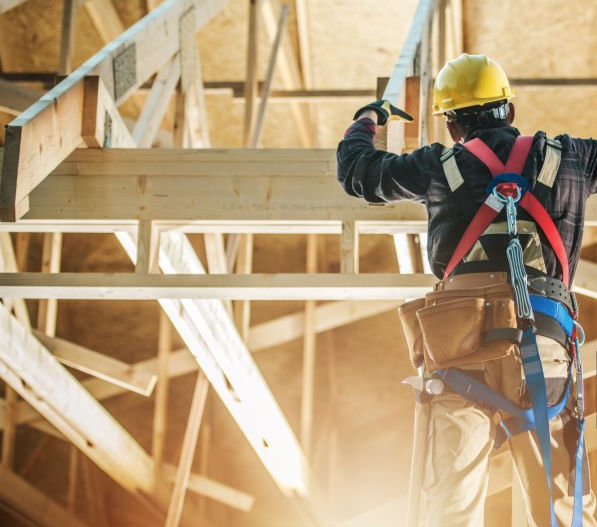
Section 57 of the Domestic Building Contracts Act 1995 (Vic) causes relocation of cases to VCAT. A recent case challenges that application.
On 29 October 2021, the County Court of Victoria made a significant decision in the case of Uber Builders and Developers Pty Ltd v MIFA Pty Ltd. This decision addressed the ongoing issue of pandemic-induced delays at the Victorian Civil and Administrative Tribunal (VCAT), particularly in relation to domestic building disputes.
Traditionally, VCAT was primarily responsible for resolving domestic building disputes under the Domestic Building Contracts Act 1995 (Vic). However, due to severe delays and resource constraints, particularly exacerbated by the COVID-19 pandemic, the County Court found that bypassing VCAT was justified in certain circumstances.
In this specific case, Uber Builders and Developers Pty Ltd entered into a contract with MIFA Pty Ltd for a construction project, which included the building of residential apartments, a basement car park, and a commercial space in Brunswick. A dispute arose regarding the completion of the works, leading Uber to commence proceedings in the County Court. MIFA argued that the case should be stayed and heard by VCAT, as it was a domestic building dispute.
However, the County Court, drawing upon the rationale from a previous case, Impresa Construction Pty Ltd v Oxford Building Group Pty Ltd, concluded that due to the current delays and backlog at VCAT, the dispute in question “could not be heard by VCAT” for the purposes of Section 57 of the Domestic Building Contracts Act. This interpretation effectively meant that the Court was not obliged to stay the proceeding under this Act, given the practical challenges VCAT was facing.
The significance of this ruling is far-reaching. It sets a precedent that, while VCAT remains the primary forum for such disputes, parties involved in domestic building disputes may now have the option to proceed in the County Court (or potentially the Supreme Court) while the challenging conditions at VCAT persist. This decision provides an additional legal avenue for such disputes to be heard, considering the strategic advantages and disadvantages of each forum based on the specific details of the case.
This ruling underscores the need for parties involved in domestic building disputes to carefully consider their choice of forum, taking into account the unique circumstances of their case and the current operational constraints of VCAT.
The above article refers to Judge Burchell’s decisions in Impresa Construction Pty Ltd v Oxford Building Group Pty Ltd [2021] VCC 1146, and Uber Builders and Developers Pty Ltd v MIFA Pty Ltd [2021] VCC 1677.
Contact our offices if you have a building and construction matter that you need assistance with.